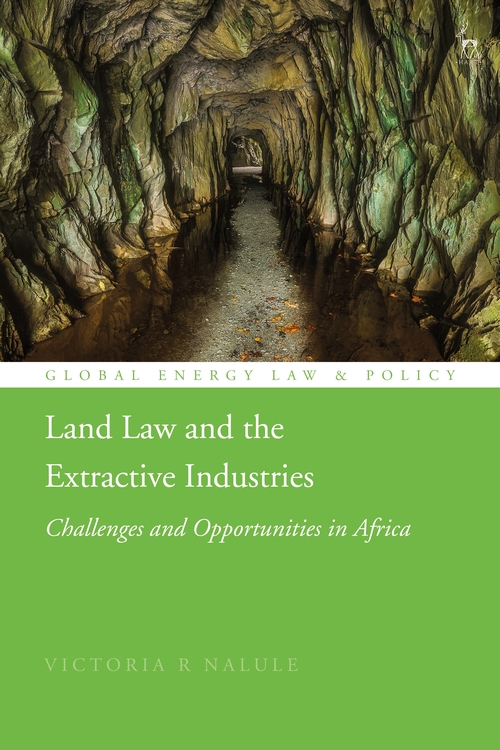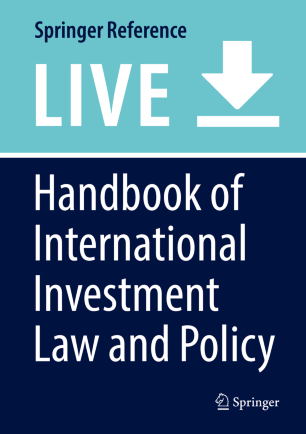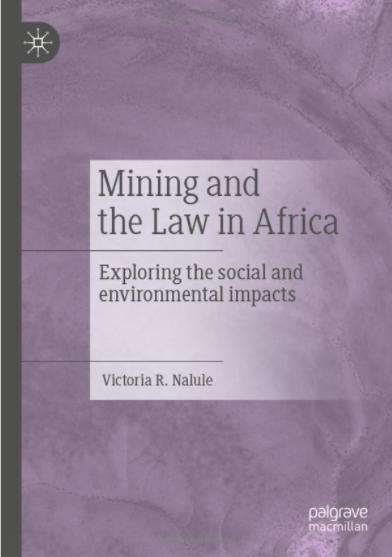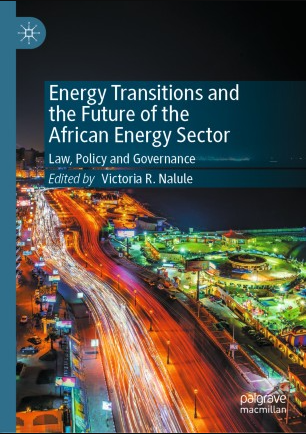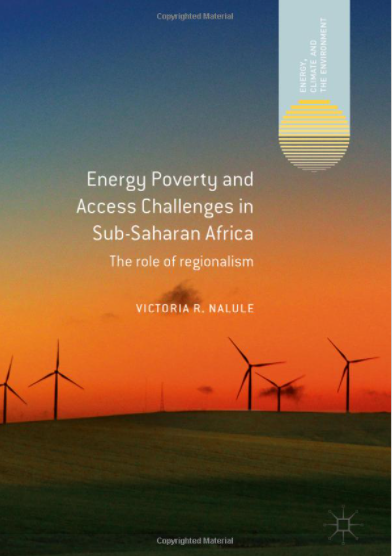Land Law and the Extractive Industries
.
More info →Multilateral and Bilateral Energy Investment Treaties
This chapter provides an analysis of bilateral, regional, and multilateral energy investment treaties. The argument is that, although investment is a major issue for energy production, in relation to the global governance of energy investments, there is no overarching regime. In fact, without access to energy, our daily lives would collapse. No truly universal investment framework exists, let alone one concerned with global investment protection in energy. What one might imagine to exist is a putative composite framework constituted by various independent elements. The international community is neither monolithic nor homogenous; it is made up of numerous states that could broadly be lumped together in different groups in relation to their economic strength and levels of industrialization/development. In that respect, the interests of least or less developed countries on the question, say, of foreign investment interests protection had, in the past, not been identical to those of the developed world. This is less the case now, following the end of the Cold War, where it appears that, whatever misgivings existed on the part of the less industrialized world about capitalist-based paths to development seem to have subsided, given that states in the less industrialized world seek to outcompete one another in their quest to attract foreign direct investment and to further integrate into the global economy.
More info →Mining and the Law in Africa
How to Respond to Energy Transitions in Africa
The world is transitioning to a low-carbon economy. How are African countries responding to this transition? The book, ‘Energy Transitions and the future of the African Energy Sector: Law, Policy and Governance’, aims at addressing the key concerns for African countries with respect to energy transitions. There have been initiatives on the African continent to embrace this transition as evidenced in not only these countries’ commitment to the 2015 Paris Agreement on Climate Change, but also various efforts in deploying renewable energy and energy efficiency technologies.
More info →Energy Poverty and Access Challenges in Sub-Saharan Africa
Access to modern energy is central in addressing the major global challenges of the 21st century, including poverty, climate change and famine. However large parts of the world, especially in Sub-Saharan Africa (SSA) have poor or no access to modern energy. Victoria Nalule argues that SSA countries have many common energy challenges which could be tackled with collective efforts through regional cooperation. By means of a legal and comparative analysis and a seven-step framework, the book explores the current regional mechanisms employed in Africa to address the challenge of energy poverty and access and whether they are effective in tackling the challenge of energy access, including regional energy infrastructure and regional energy regulations.
More info →